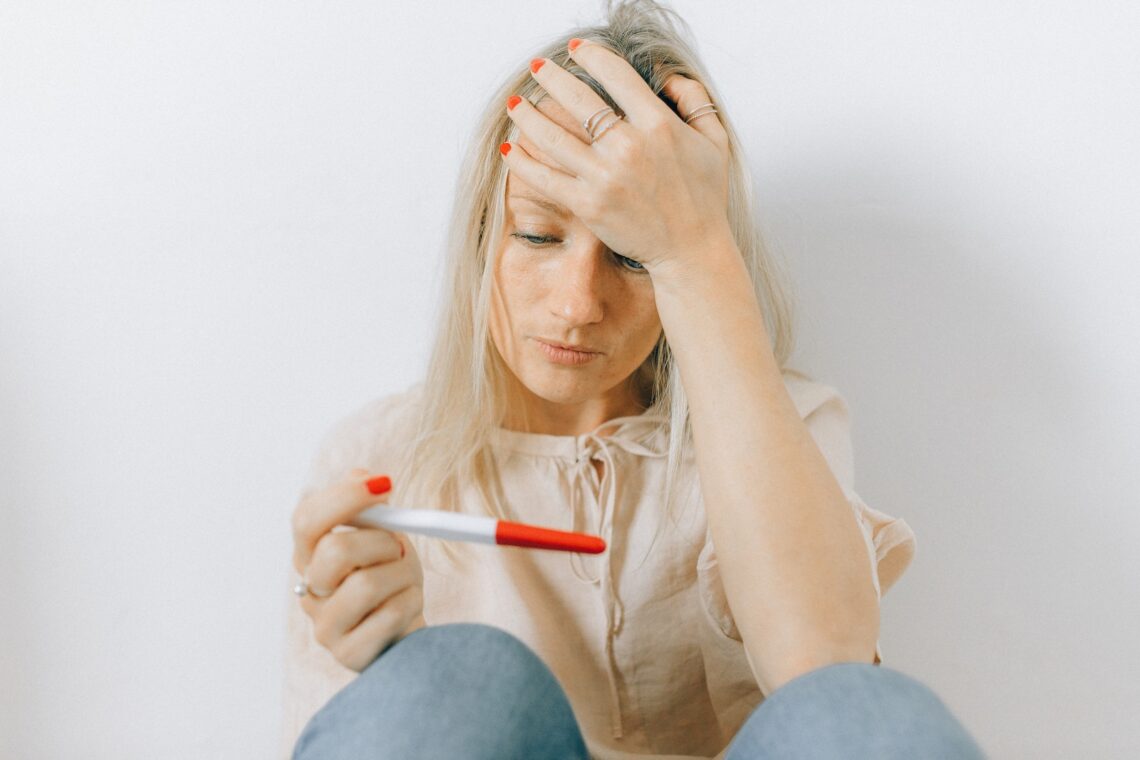A pregnancy test is a common tool for women who want to know if they are pregnant. It is important to understand how pregnancy tests work, and what factors can influence the accuracy of the results.
Human chorionic gonadotropin, or hCG, is the hormone that pregnancy tests detect. It takes time for a fertilized egg to implant in the uterus and produce hCG.
Timing
While the urge to know is strong, waiting a few days after having sex can help give you more accurate results. Pregnancy tests detect hormones in your urine, and if you take one too soon after having sex it may not pick up the hCG levels needed to get a positive result.
The best time to take a pregnancy test is the day after your period is due or 21 days after you last had unprotected sex. This gives enough time for implantation to occur, and the test will be more accurate. It’s also important to make sure you’re testing in the morning when the urine is more concentrated.
If you don’t have a predictable menstrual cycle, or you can’t pinpoint when you ovulated, it can be tricky to know the right time to test. But there are still ways to be proactive about your fertility, like using a menstrual tracker app or setting alarms on your phone.
It’s also a good idea to try and abstain from sex during your fertile window, or at least use a condom to prevent STDs. However, if you’re trying to conceive, abstinence may not be a sure thing; some research suggests it can actually degrade sperm quality. If you have concerns, talk to your doctor. They can offer more guidance on how to plan your sex routine.
Dilution
The hCG pregnancy hormone takes time to build up in your body, so having sex the night before you take a test may affect how accurate your results are. If you’re a woman with irregular periods, this is especially important to consider as it can lead to inaccurate results. You should always use a home pregnancy test in the first day of your missed period for the most accurate result. Blood tests conducted by a healthcare professional can also be more reliable than urine testing and can detect pregnancy earlier on.
While sperm can cause a positive result, it’s the actual pregnancy that’s measured by a pregnancy test and therefore has to implant in the uterus before hCG appears in your urine. This process, known as implantation, typically begins around the 21st day after the start of your last menstrual cycle.
For this reason, it’s not worth taking a test immediately after having sex or the morning after. Instead, wait for a few days to ensure the hCG has had time to reach your urine before testing. You can also get extra sensitive pregnancy tests that are able to detect hCG even before you miss your period. This can be useful if you’re trying to plan a family or need to know your results sooner than usual.
Medications
Taking certain medications can affect your pregnancy test results, especially if you take them the day before taking a home pregnancy test. This is because many medications can interfere with the way hCG is detected in the body. These medications include certain antidepressants, antibiotics, sedatives, and opiates.
It is important to note that pregnancy tests only detect hCG once a fertilized egg has implanted in the uterus and begins producing hCG in the bloodstream. Therefore, it is important to wait until you miss your period to take a home pregnancy test, as this will ensure that the test is sensitive enough to provide accurate results.
If you are concerned about waiting to get a period, you can always use the morning-after pill (also known as emergency contraception or EC). This form of birth control is available at Planned Parenthood health centers and some drugstores, and can be taken up to five days after unprotected sex.
If you are trying to conceive, it is best to take a home pregnancy test around the 21st day after the start of your last menstrual period. This will give you the most accurate results. If you are having trouble getting an accurate result, your doctor can offer other testing options, such as a blood test. They can also help you choose the right method of birth control to prevent pregnancy.
Underlying medical conditions
Some home pregnancy tests can be used up to a week before your period is expected to start, but the most accurate test results come from waiting until you miss your period. This is because the body doesn’t make enough hCG (the hormone pregnancy tests detect) until you ovulate. Some extra sensitive tests may be able to detect hCG a few days before your period is due, but this can lead to a false negative result.
Implantation of a fertilized egg typically happens six to ten days after conception, so the results from a pregnancy test can’t be detected just a few days after having sex. For this reason, it is recommended that you wait to take a pregnancy test until the day after your missed period.
Pregnancy tests can give you peace of mind, but it’s important to understand how they work. The best time to take a pregnancy test is first thing in the morning, when your urine will be more concentrated and contain higher levels of hCG. It’s also important to know that a number of things can affect your pregnancy test results, including having sex the night before taking the test.
If you’re worried about a possible pregnancy, Planned Parenthood has resources to help. Visit your nearest Planned Parenthood health center or check out our website for information about pregnancy tests and birth control.

